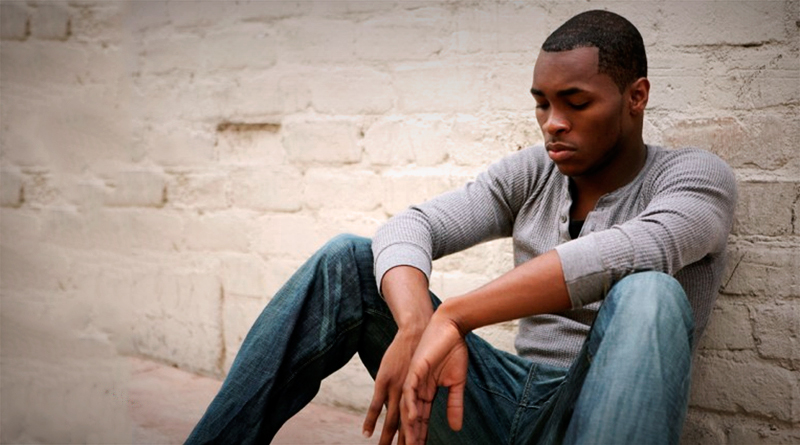
The first 18 years of your life was likely spent hanging out with friends, gossipping about classroom crushes and above all, forging memories that you’ll never forget; enter college. You’re social stock plummets, and that carefully curated status you’ve worked on all your life amounts to nothing. It’s why most students pledge for frats or sororities in their freshman years—besides the obvious being to tame your adolescent urges for beer and sex—social connectivity is usually a critical selling point for freshman students.
A 2017 reported that out of the 48,000 college students surveyed, 64 percent said they had felt “very lonely” in the previous 12 months, while only a meger 19 percent reported they never felt lonely, according to the American College Health Association. The study also found students reporting feelings “overwhelming anxiety (62 percent) or at least being “very sad” (69 percent). Maybe the most surprising stat of all being that nearly 12 percent seriously considered suicide.
DEPRESSION: what if u just ignored all of your deadlines and friends and the idea of showering
ME: depression, no
DEPRESSION: DEPRESSION YES— Dana Schwartz (@DanaSchwartzzz) February 7, 2016
A college campus might put up a certain image—one where they’re certainly aren’t at least 1-in-10 students considering suicide—but behind closed doors there’s a different reality. Senior Frank Deluca elaborates on that unseen reality a bit.
“Freshman year I hadn’t really made any friends and my high school friends that hadn’t moved away for college were starting to blow me off,” said senior Frank Deluca. “I started feeling social anxieties that I never really even knew existed, and started skipping classes too… It got better for me, but I know it’s just as hard for a lot of people.”
Baylor College of Medicine defines social connectedness as “an important aspect of social support” and essentially something that your body and mind can’t live without. Lack of said connection can lead to a slew of psychological and health-related problems including depression and thoughts of suicide.

For some, finding and establishing social connections—even in a new landscape such as college—the task comes easier than most. Despite struggling with typical high school anxieties, senior, found college to be the perfect platform to develop a new image.
“I actually got over my social anxiety in my freshman year,” said Scalia. “I figured there was no better time than college due to being surrounded by people my age in convenient settings where socializing is at least somewhat expected and I could also cram in way more practice than I could outside of the college setting.”
There really is no perfect solution to the problem—and certainly expecting students to either take on the challenge of a new social landscape or spiral down into depression is certainly not the answer. The solution lies with colleges, who can hopefully create more engaging ways for students to connect on campus.
Some schools use technology to track what programs work for students and which ones don’t. Students looking to take the matter into their own hand should try to participate in said events, and if things are feeling desperate, there’s no shame at all in trying counseling service.
Leave a Reply
You must be logged in to post a comment.